Back to Courses
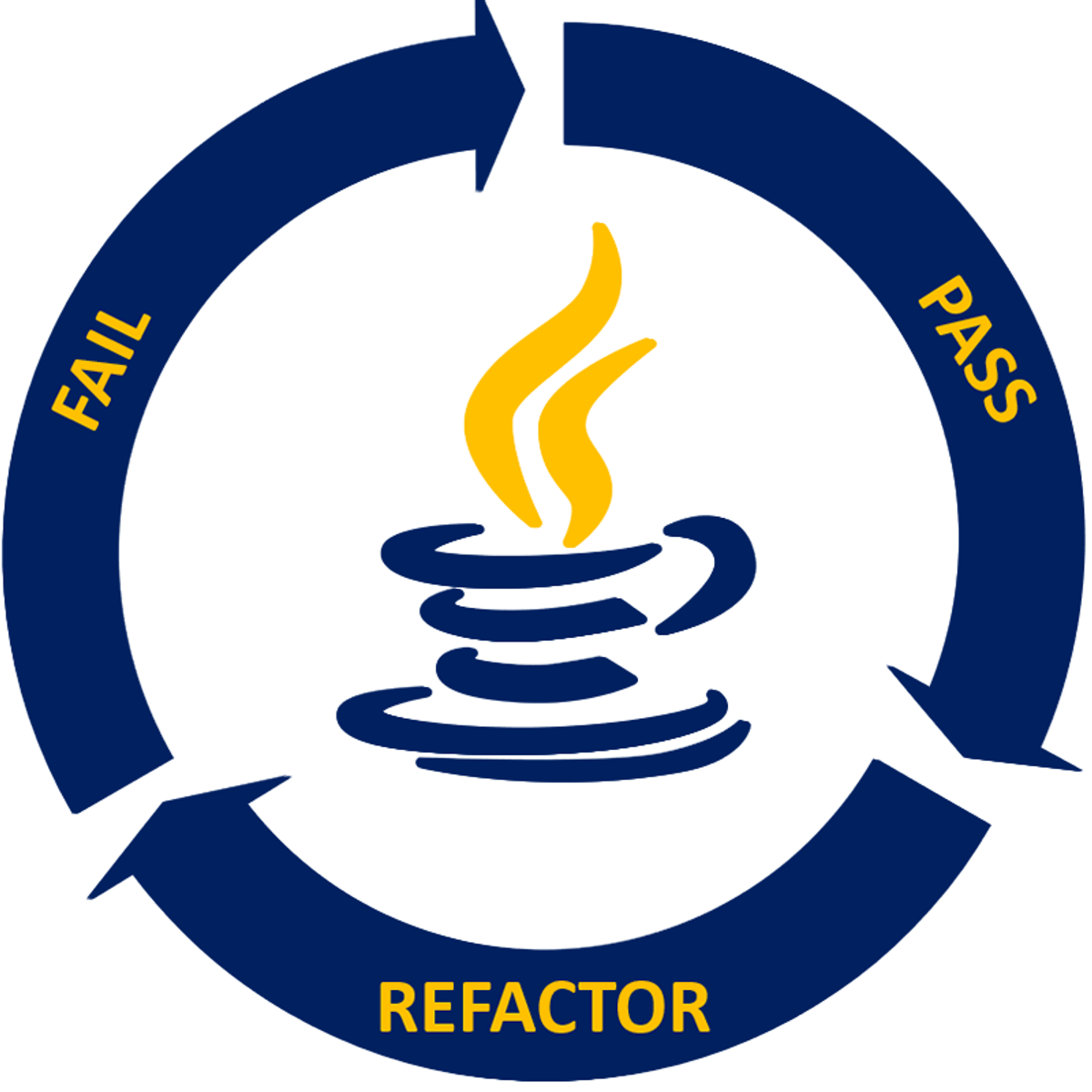
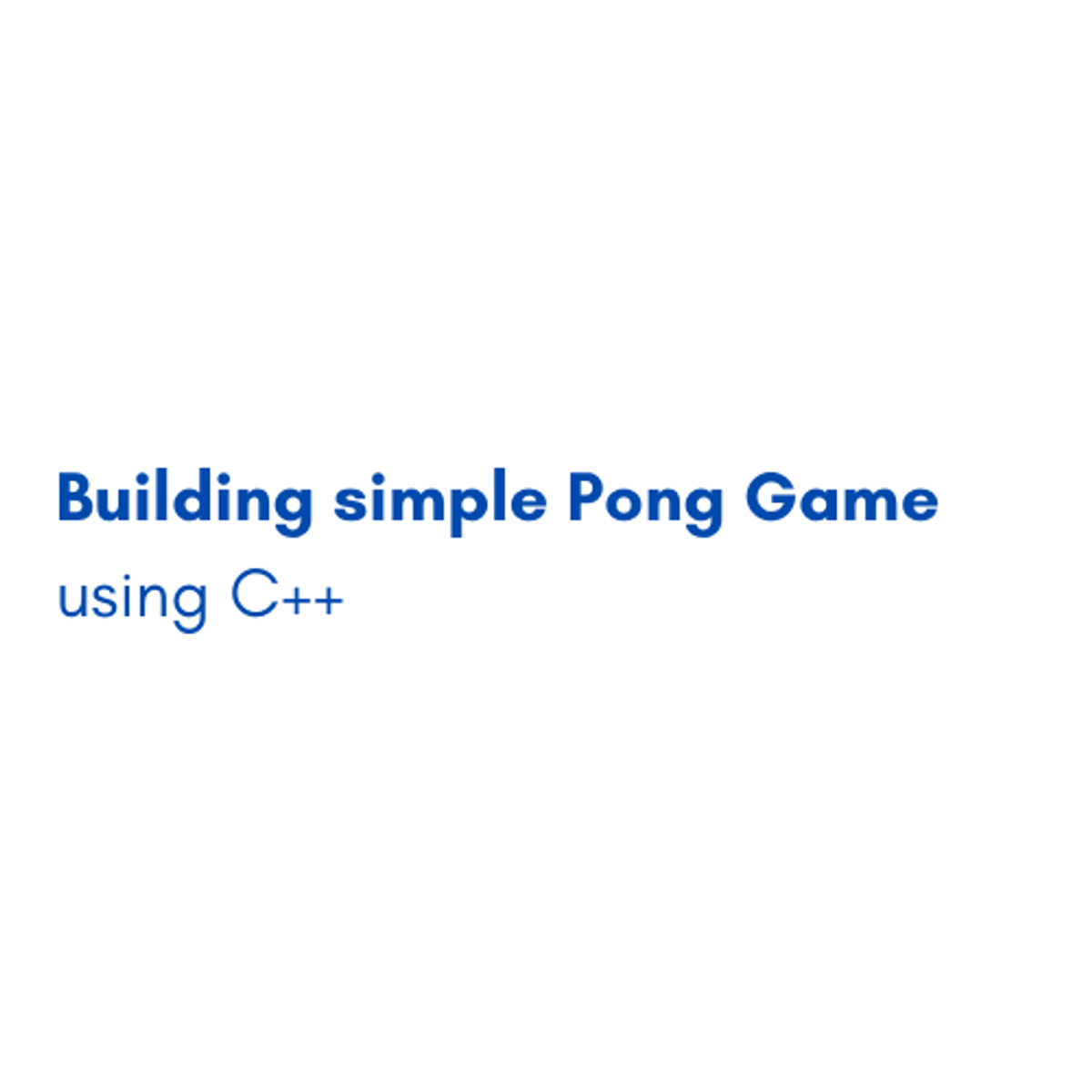

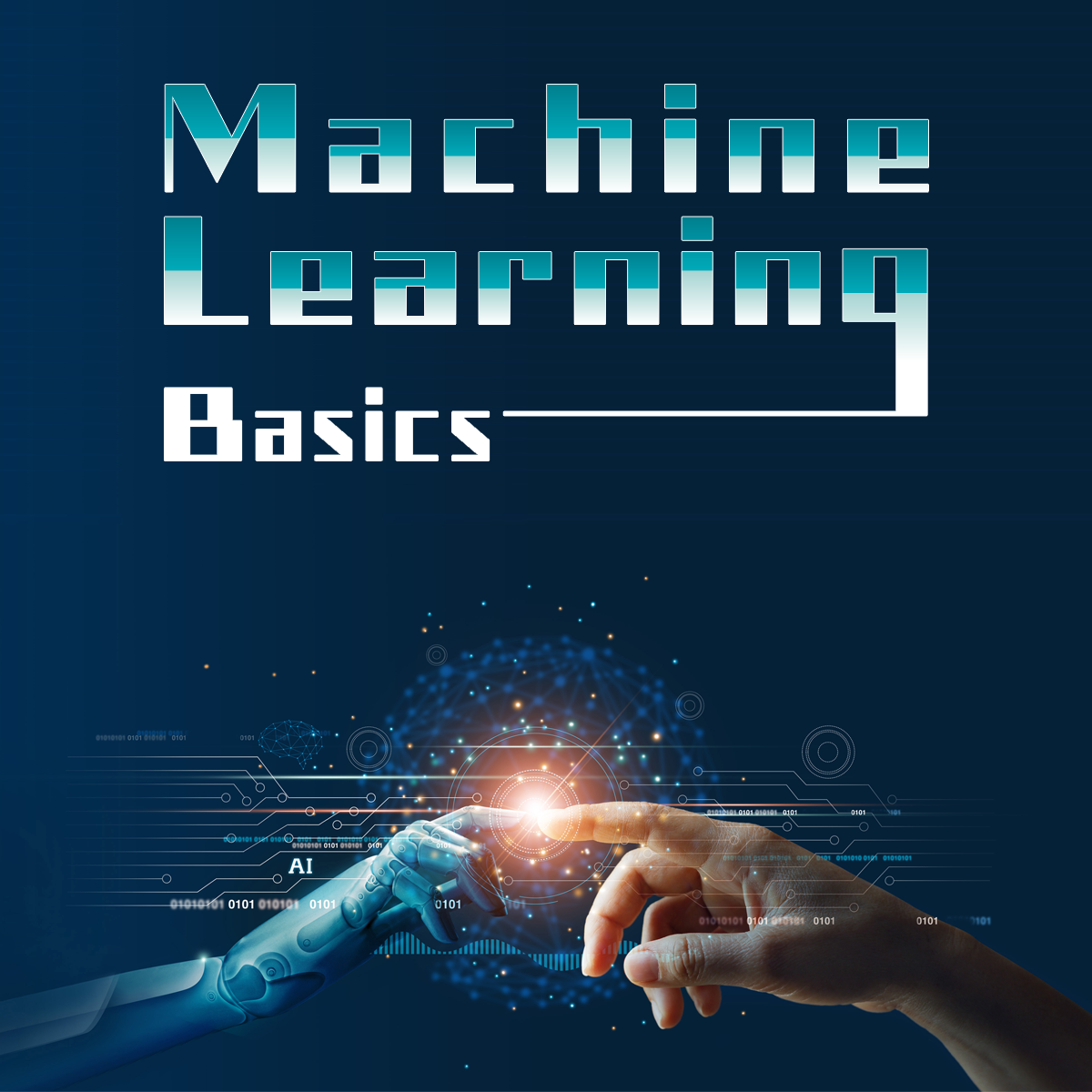

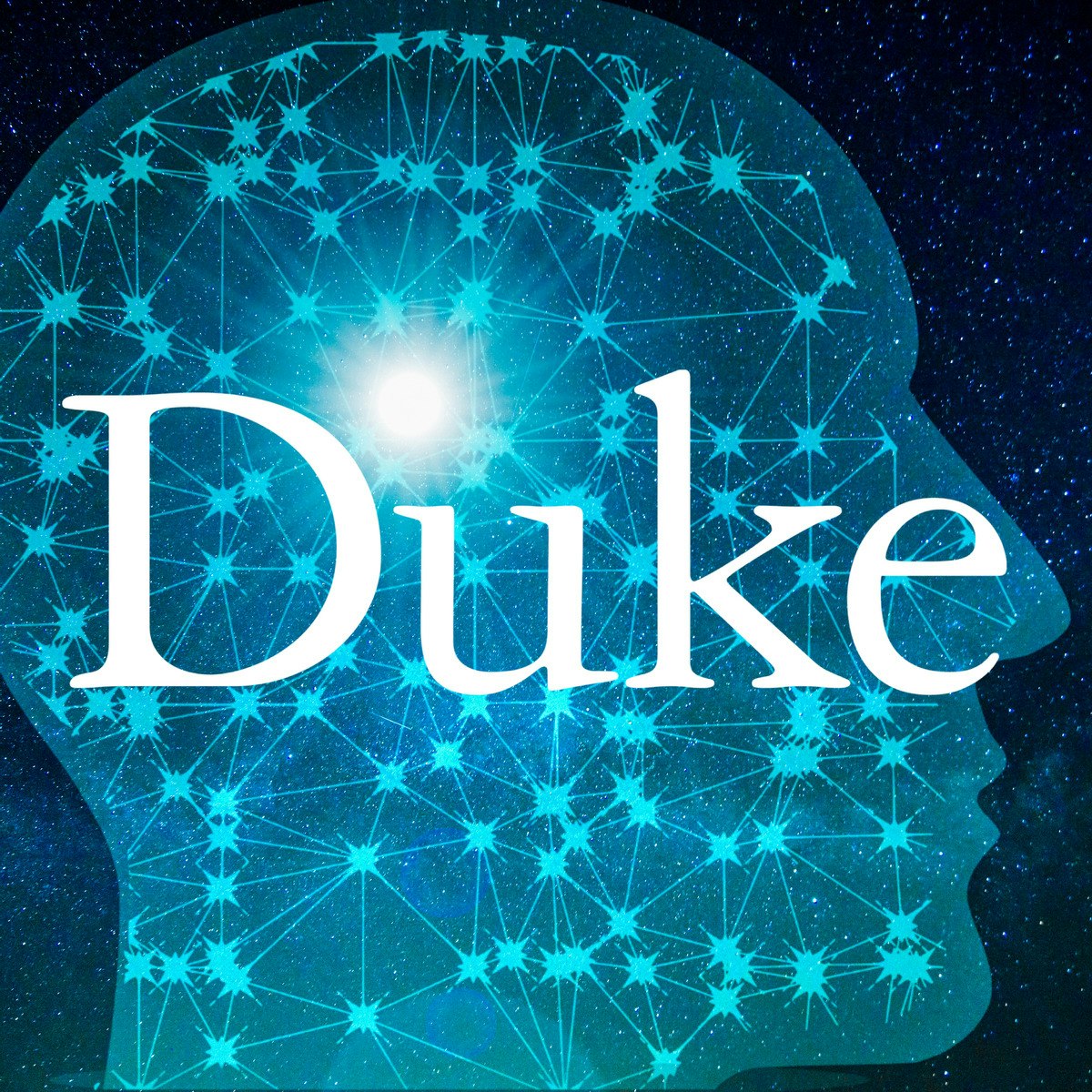
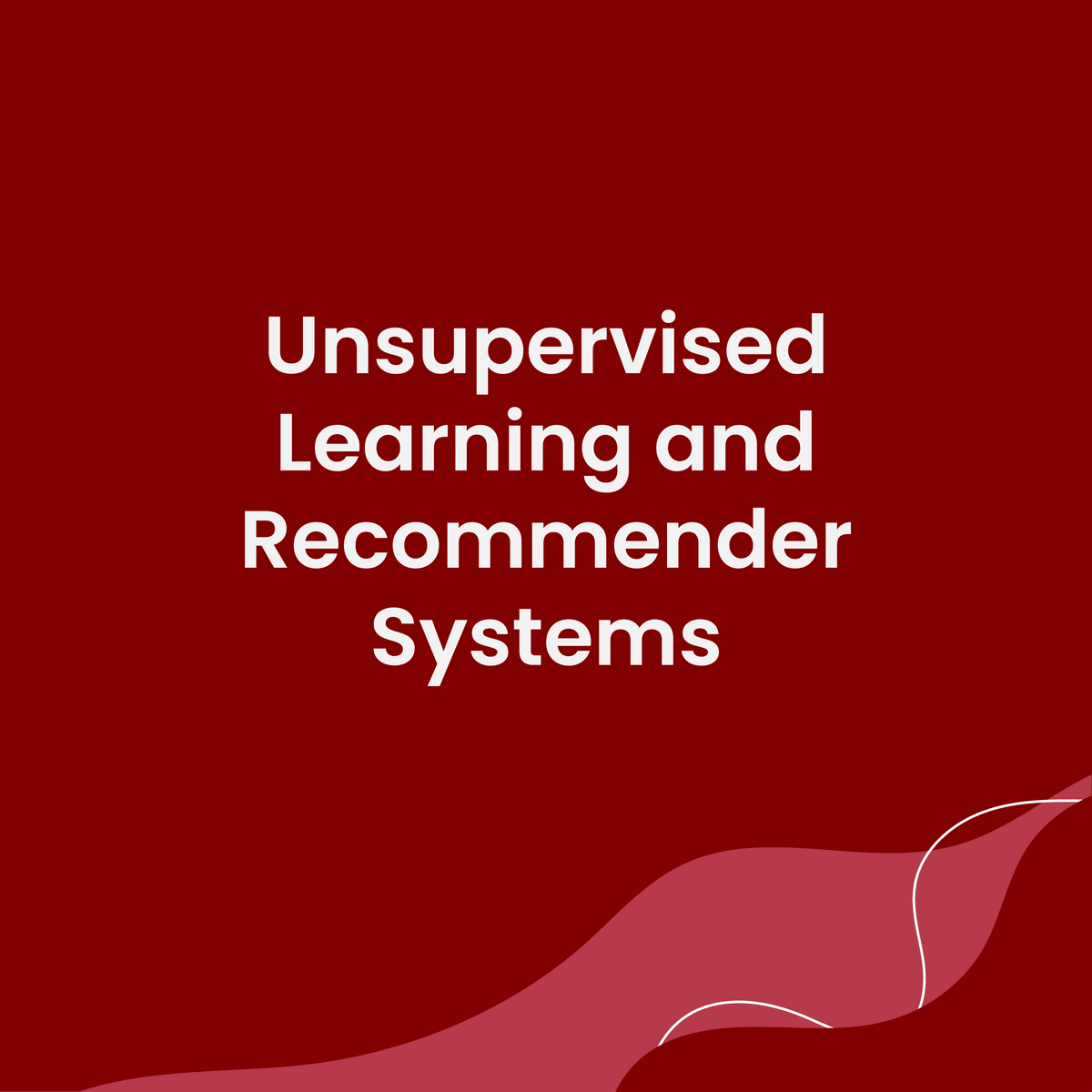

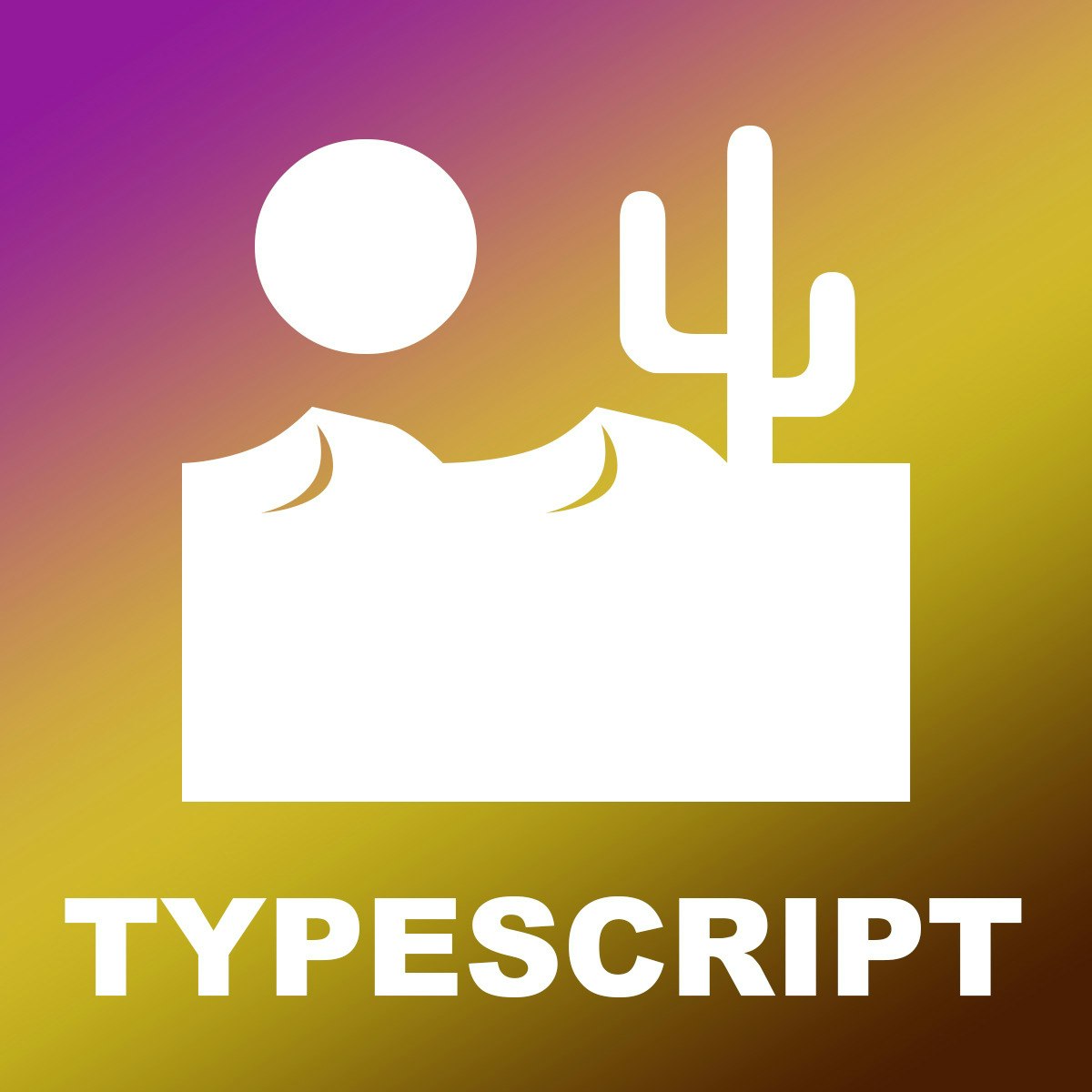
Computer Science Courses - Page 221
Showing results 2201-2210 of 2309

Create and schedule content for social media with Later
With this project, you will be able to discover Later, a platform that will allow you to program content for your social networks. You will be able to add quite attractive content to your social media accounts, and you will be able to schedule it to be published at a later date, easily and quickly.
This project is for people who want to add digital content for social media and schedule it. This project is ideal for people who are passionate about social networks.

Mocking with JUnit
This course gives a foundational knowledge in mocking. What is mocking, why mock and how to mock are all questions that will be answered in this course.

Building simple Pong Game using C++
By the end of this project, you will create a simple functioning pong game using C++. In this project, you will be able to define class ball and paddle. Also, you will be able to draw the game map. Moreover, you will be able to create a game manager class which has the implementation function to move the paddle using the keyboard and another function to do the logic of the game and the direction of the ball when hitting either the ball or the paddle.
In this project we’ll use codeblocks IDE which is an open source IDE and it’s very simple to write our code in , which will help us implement all the needed functions and classes that is necessary to build our game
Note: This course works best for learners who are based in the North America region. We’re currently working on providing the same experience in other regions.

Database Engineer Capstone
In this course, you will demonstrate your new skillset by designing and composing a database solution.
By the end of this course, you’ll be able to:
- Build a MySQL database solution
- Model data from a web app to design a database solution
- Build stored procedures for a web app
- Create database admin utility apps with Python
- Gather and utilize project resources
- Deploy level-up ideas to enhance the scope of a database project
You’ll gain experience with the following tools and software:
- Python utilities
- Project management tools
- Django API development software
- MySQL testing tools
- Application development resources
- Project Management
- Application development
- Database solutions
- Django
- MySQL

Machine Learning Basics
In this course, you will:
a) understand the basic concepts of machine learning.
b) understand a typical memory-based method, the K nearest neighbor method.
c) understand linear regression.
d) understand model analysis.
Please make sure that you’re comfortable programming in Python and have a basic knowledge of mathematics including matrix multiplications, and conditional probability.
Designing, Running, and Analyzing Experiments
You may never be sure whether you have an effective user experience until you have tested it with users. In this course, you’ll learn how to design user-centered experiments, how to run such experiments, and how to analyze data from these experiments in order to evaluate and validate user experiences. You will work through real-world examples of experiments from the fields of UX, IxD, and HCI, understanding issues in experiment design and analysis. You will analyze multiple data sets using recipes given to you in the R statistical programming language -- no prior programming experience is assumed or required, but you will be required to read, understand, and modify code snippets provided to you. By the end of the course, you will be able to knowledgeably design, run, and analyze your own experiments that give statistical weight to your designs.

Human Factors in AI
This third and final course of the AI Product Management Specialization by Duke University's Pratt School of Engineering focuses on the critical human factors in developing AI-based products. The course begins with an introduction to human-centered design and the unique elements of user experience design for AI products. Participants will then learn about the role of data privacy in AI systems, the challenges of designing ethical AI, and approaches to identify sources of bias and mitigate fairness issues. The course concludes with a comparison of human intelligence and artificial intelligence, and a discussion of the ways that AI can be used to both automate as well as assist human decision-making.
At the conclusion of this course, you should be able to:
1) Identify and mitigate privacy and ethical risks in AI projects
2) Apply human-centered design practices to design successful AI product experiences
3) Build AI systems that augment human intelligence and inspire model trust in users

Unsupervised Learning, Recommenders, Reinforcement Learning
In the third course of the Machine Learning Specialization, you will:
• Use unsupervised learning techniques for unsupervised learning: including clustering and anomaly detection.
• Build recommender systems with a collaborative filtering approach and a content-based deep learning method.
• Build a deep reinforcement learning model.
The Machine Learning Specialization is a foundational online program created in collaboration between DeepLearning.AI and Stanford Online. In this beginner-friendly program, you will learn the fundamentals of machine learning and how to use these techniques to build real-world AI applications.
This Specialization is taught by Andrew Ng, an AI visionary who has led critical research at Stanford University and groundbreaking work at Google Brain, Baidu, and Landing.AI to advance the AI field.
This 3-course Specialization is an updated and expanded version of Andrew’s pioneering Machine Learning course, rated 4.9 out of 5 and taken by over 4.8 million learners since it launched in 2012.
It provides a broad introduction to modern machine learning, including supervised learning (multiple linear regression, logistic regression, neural networks, and decision trees), unsupervised learning (clustering, dimensionality reduction, recommender systems), and some of the best practices used in Silicon Valley for artificial intelligence and machine learning innovation (evaluating and tuning models, taking a data-centric approach to improving performance, and more.)
By the end of this Specialization, you will have mastered key concepts and gained the practical know-how to quickly and powerfully apply machine learning to challenging real-world problems. If you’re looking to break into AI or build a career in machine learning, the new Machine Learning Specialization is the best place to start.

Coding Interview Preparation
The final course in this program will help prepare you for the unique aspects of a coding job interview, with approaches to problem solving, computer science foundations and soft skills needed to land the job.
You’ll gain strategic insights and tips for successful interviewing. And, you’ll have the opportunity to openly discuss the emotional components of the interview process with other learners taking this course.

Add Web Reviews with Advanced TypeScript
In this 1.5-hour guided project, you will learn about more advanced types in TypeScript by extending a sample park review website and displaying visitors’ star ratings and comments. At the end of this class you will have a deeper understanding of advanced types in TypeScript and use it to make your code better organized and bug-resistant.
Topics covered: TypeScript configuration file, union type, discriminated union type, tuple type, and generics types.
Prerequisite: Basic to intermediate level of TypeScript. Basic HTML and DOM.
